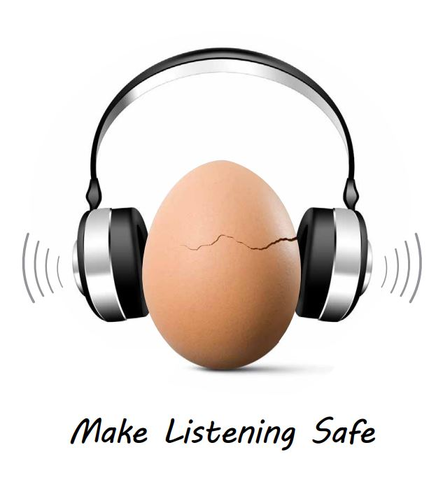To hear for life, listen with care
Hearing Awareness Week 2022
This Hearing Awareness Week, we are focusing on the importance of listening with care and preventing hearing loss by avoiding prolonged noise exposure.
Loud noise has a significant effect on hearing and at least 10% of hearing loss in Australia is noise-induced. There is growing concern about the rising exposure to loud sounds in recreational settings such as nightclubs, cinemas, sporting events and fitness classes; and also increased access to and use of personal audio devices for listening to music at high volume levels for long periods of time.
Exposure to loud sounds for any length of time causes fatigue of the ear’s sensory cells. The result is temporary hearing loss or tinnitus (a ringing sensation in the ear). A person enjoying a loud concert may come out experiencing ‘muffled’ hearing or tinnitus. The hearing improves as the sensory cells recover. However, when the exposure is particularly loud, regular or prolonged, this recovery is hampered and permanent damage of the sensory cells and other structures can occur, resulting in irreversible hearing loss. This ultimately affects speech understanding and negatively impacts quality of life. Noise-induced hearing loss can affect many aspects of life, including a person’s social and educational development and their ability to work.
The good news is that through safe listening practices it is possible to protect one’s hearing and prevent noise induced hearing loss.
Safe listening habits:
· Keep the volume down: Even a small reduction in volume can offer significant protection. Volume can be reduced when listening to personal audio devices by
- wear earplugs in noisy places such as nightclubs, sporting events and fitness classes
- use noise cancelling headphones which cut down the background noise, so that users can hear sounds at lower volumes than otherwise needed
- set the volume of a personal audio device to no more than 60% of maximum volume
· Limit time spent engaged in noisy activities: Minimise the duration of noise exposure to reduce overall sound energy level ‘dose’ by
- take short listening breaks
- move away from loud sounds, or the sound source
- limit daily use of personal audio devices to less than one hour per day
- Monitor safe listening levels: Empower oneself with knowledge about products and safety features and use Smartphone technology to measure noise exposure levels and assess individual risk.
· Monitor hearing levels: Regular hearing check-ups provide a baseline from which to monitor hearing and they help identify the onset of hearing loss at an early stage. High-risk populations including adolescents and young adults should be informed and encouraged to have regular hearing screening.
To hear for life, listen with care!

